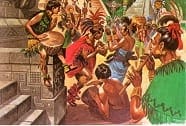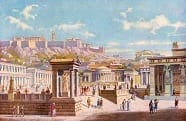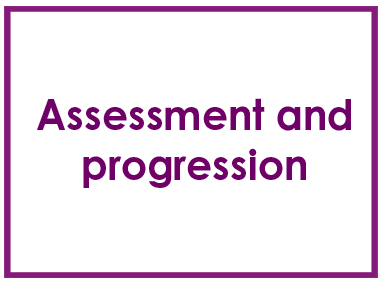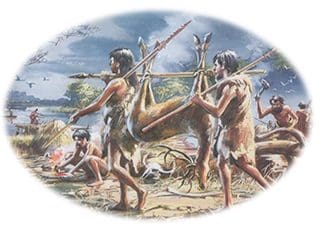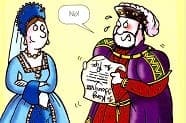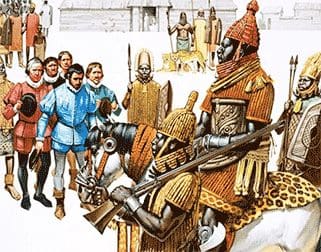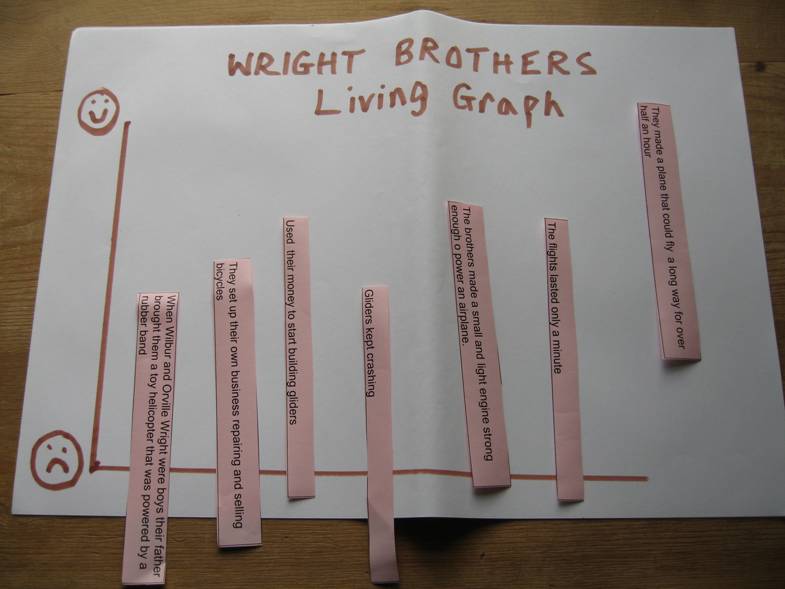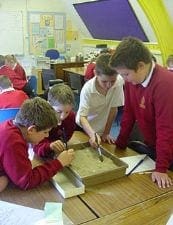
Recently two university education departments carried out a broad-sweep survey of primary pupils’ experience of history at KS1 and 2 and asked specifically:
“What does it mean to get better at history?”
The pupils’ answers were, to a large extent, predictable and ran as follows:
You just learn more things about the past
or
you need to remember lots of facts about the past
The more enlightened, who had obviously had a better experience of learning history ventured some more encouraging ideas:
you need to learn about bias
you need to understand how different things were in the past
You need to look at sources to get to the truth
You need to know whether you can trust sources, which is useful for today
You need to learn that there is more than one way of looking at the past.
Clearly the responses from pupils at different schools varied widely,

